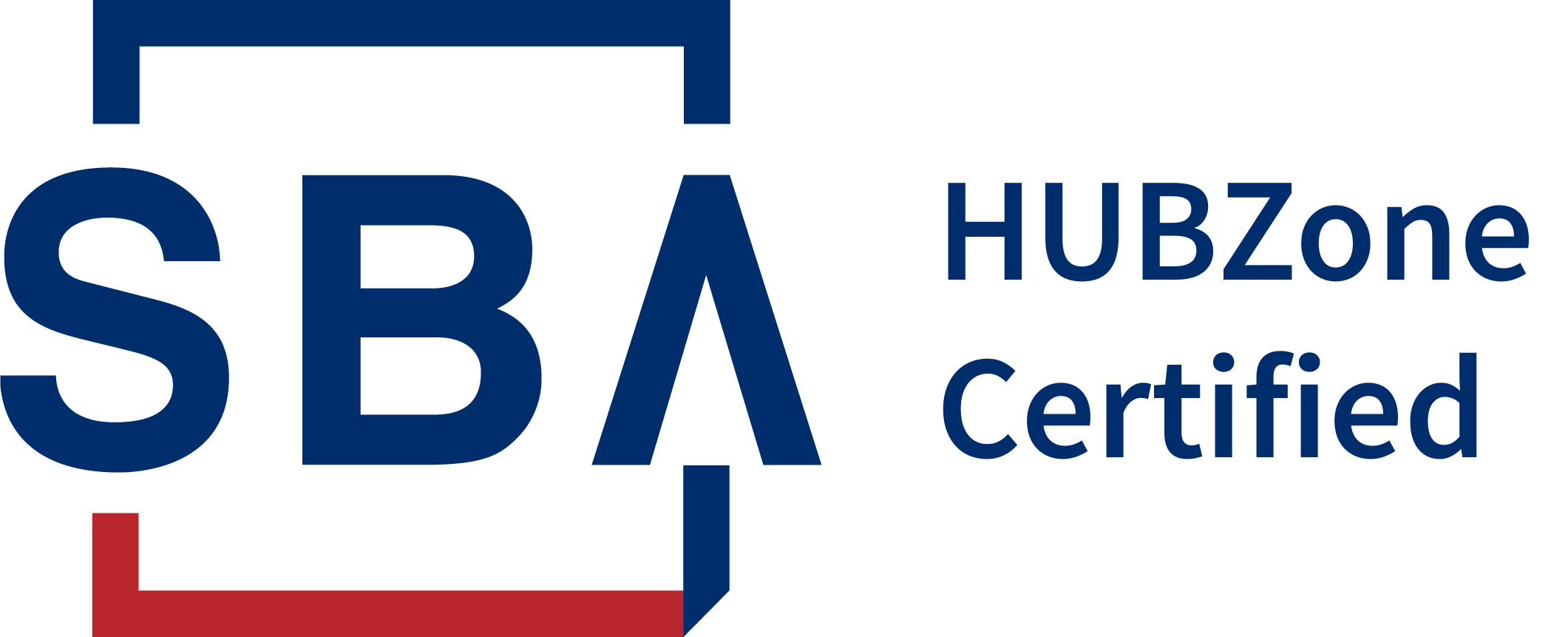Retail Product Lifecycle Management, or PLM, is a strategic approach that enables businesses in the retail industry to manage their products from conception to disposal. This holistic approach encompasses various stages such as planning, design, production, and distribution. The primary objective of Retail PLM is to help businesses manage their product lifecycle effectively. By doing so, it reduces the time-to-market and significantly increases efficiency.
But how does Retail PLM drive growth? The answer lies in its ability to streamline processes, foster innovation, and enhance customer satisfaction. All these factors collectively contribute to business expansion and growth.
The Essence of PLM Retail
When we talk about PLM Retail, we refer to the application of Product Lifecycle Management principles specifically within the retail industry. It serves as an invaluable tool for retailers to manage their products throughout their lifecycle. In doing so, PLM Retail aids in reducing costs, improving product quality, and speeding up the product development process.
By integrating all aspects of product development, PLM Retail promotes better decision-making. This informed decision-making is a key driver for business growth. These systems offer a centralized platform for managing all aspects of product development, making it easier to manage large numbers of SKUs across multiple categories. Here’s how:
- Centralized Product Information: PLM systems store all product data in one place, from design details to sourcing information. This makes it easier to manage thousands of SKUs, as all the necessary information is easily accessible.
- Streamlined Review Process: With a PLM system, design proposals and prototypes can be reviewed quickly and efficiently. Stakeholders can provide feedback directly within the system, speeding up the review process and reducing the time it takes to bring new products to market.
- Efficient Sample Management: PLM systems also streamline the sample request process. Requests can be tracked and managed within the system, ensuring that samples are produced and reviewed in a timely manner.
PLM Retail systems provide the tools and capabilities needed to manage large numbers of SKUs and multiple categories effectively, enabling retailers to launch more products and drive growth.
Exploring PLM in the Retail Industry
The role of PLM in the retail industry is vital and far-reaching. It encompasses various aspects such as product development, supply chain management, and overall business strategy. PLM in retail offers numerous benefits, including improved product data management, enhanced collaboration, and agility in responding to market trends. These factors contribute to increased efficiency and competitiveness within the retail sector.
By leveraging PLM solutions, retailers can streamline their operations, optimize workflows, and stay ahead in the dynamic retail landscape. From concept to production, PLM empowers retailers to innovate, adapt, and succeed in delivering exceptional products and experiences to customers.
Synergizing PLM and RFID in Retail
PLM and Radio Frequency Identification (RFID) are two technologies that have significantly transformed the retail industry. When used together, they can create a synergistic effect that enhances operational efficiency, improves customer satisfaction, and boosts profitability. RFID is a technology that uses radio waves to read and capture information stored on a tag attached to an object. In the retail industry, RFID tags are commonly used for inventory tracking, theft prevention, and enhancing the customer shopping experience.
The integration of PLM and RFID in the retail industry offers several benefits:
- Improved Inventory Management: The combination of PLM and RFID provides real-time visibility into inventory levels, helping retailers to optimize their stock levels and prevent overstocking or understocking. This can lead to cost savings and improved customer satisfaction.
- Enhanced Product Traceability: With RFID tags, retailers can track the movement of products throughout their lifecycle, from production to sale. This information can be integrated into the PLM system, allowing for better product traceability and accountability.
- Faster Time-to-Market: By streamlining the product development process and improving inventory management, the combined use of PLM and RFID can help retailers to bring new products to market faster.
- Better Decision Making: The data collected through RFID can be fed into the PLM system, providing valuable insights that can be used for strategic decision-making. This can enhance the retailer’s ability to forecast demand, plan production, and manage resources effectively.
Unveiling Retail Product Lifecycle Management
Retail Product Lifecycle Management is all about managing the entire life-cycle of a product within the retail context. This means managing everything from idea generation to the product’s end-of-life. This comprehensive approach allows for efficient resource allocation, improved product quality, and increased customer satisfaction. Through efficient management of a product’s life cycle from inception to disposal, retailers can ensure the right product is delivered at the right time, enhancing customer satisfaction and loyalty. This comprehensive management also aids in optimizing resource allocation, thereby reducing costs and improving the bottom line.
The benefits of Retail Product Lifecycle Management are many, and they all contribute to industry growth. Faster product development, better inventory management, and improved profitability are just a few of the ways in which Retail Product Lifecycle Management aids in boosting industry growth.
Conclusion
In conclusion, Retail Product Lifecycle Management (PLM) is a strategic approach that allows businesses in the retail industry to manage their products effectively throughout their entire lifecycle. By streamlining processes and fostering innovation, PLM drives growth within the industry. Whether it’s through reduced costs, improved product quality, faster product development, or better decision-making, the benefits of PLM in the retail industry are clear and significant. As we continue to navigate the ever-evolving retail landscape, Retail Product Lifecycle Management will undoubtedly continue to play a crucial role in driving industry growth. Reach out to us today to learn more about how Retail PLM can benefit your business. The potential for growth and success through PLM is endless, making it an essential tool for any retailer looking to stay competitive in today’s market.




